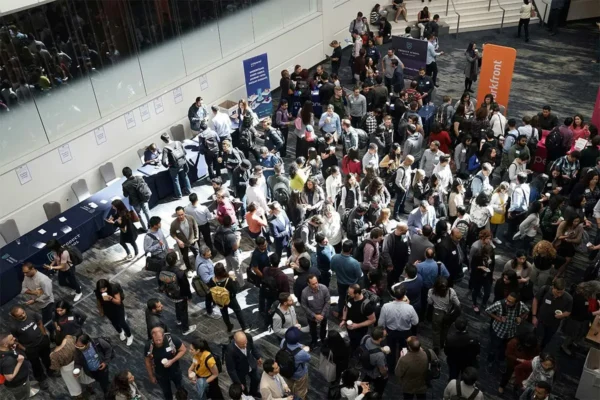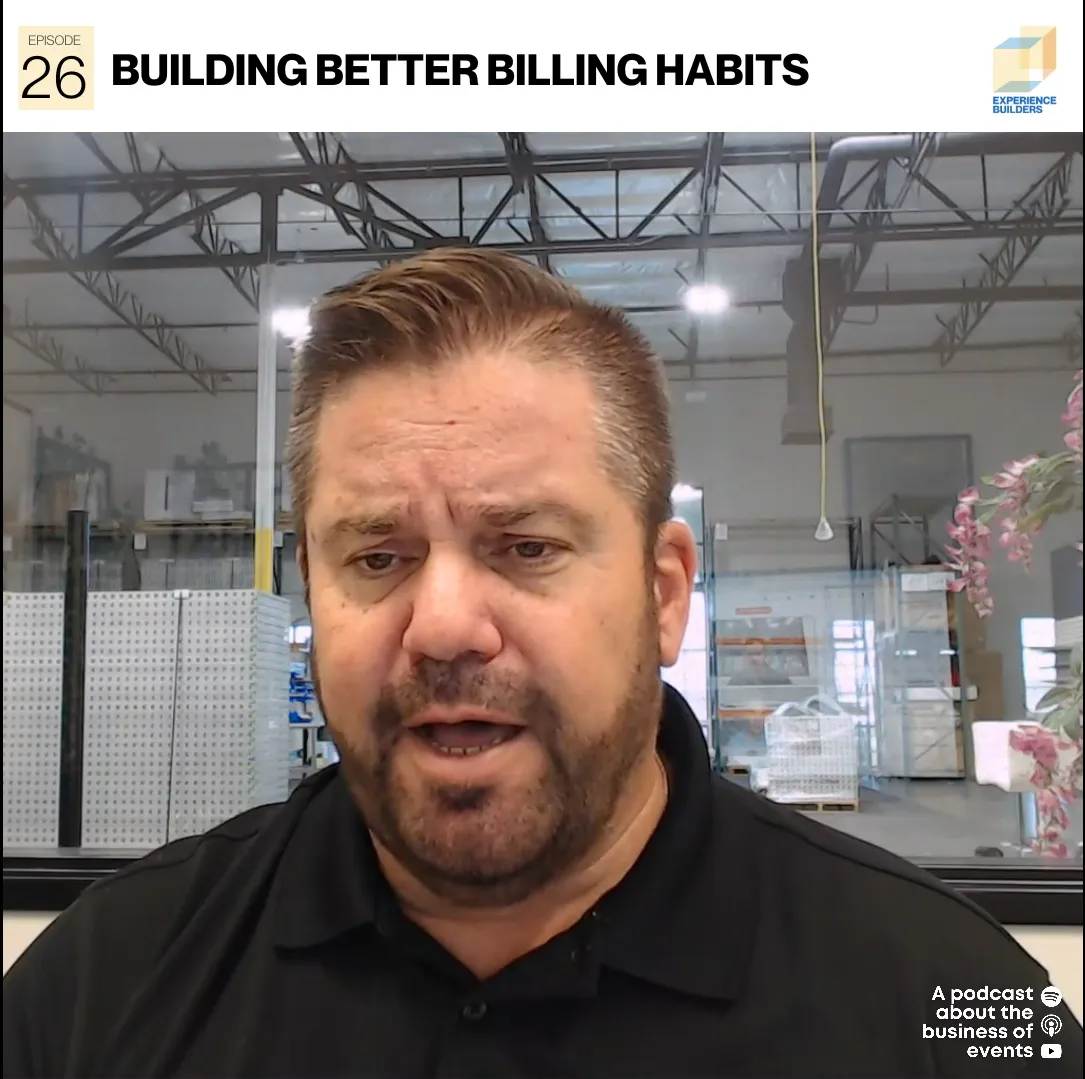by Debbie Hall
For the tradeshow industry, the movement toward sustainability has gained significant momentum, with more businesses and individuals committing to eco-conscious practices. In response, general contractors are increasingly developing and implementing sustainable strategies for organizations participating in tradeshows, expos and live events.
To discuss the drive towards sustainability and more, Exhibit City News sat down with Edward Pimienta the Project Manager and Graphic Designer from the Marketing & Digital Innovation team at Expo Convention Contractors, Inc. (ECC) and Haley Sandherr the Event and Account Manager at Stetson Convention Services, Inc. (Stetson).
ECC is a full-service general contractor for tradeshows, exhibitions, conventions, activations and events, serving Miami, Orlando, Las Vegas, California and Medellín, Colombia.
“Our company is committed to sustainability in tradeshows, and we work closely with our partners and suppliers to integrate responsible practices into each event,” explained Pimienta. “We have a dedicated sustainability committee comprised of professionals from various departments whose role is to identify, evaluate, and propose strategies that can be incorporated into our operations. This allows us to progressively move toward a more responsible and environmentally friendly approach.”
Similarly, Stetson is a national and international full-service general contractor and decorator for the tradeshow, exposition and event industry. They are active members of Construction Junction, Green Building Alliance, the U.S. Green Building Council and Green Power EMC.
“Sustainability has been a core focus for Stetson since our founding in 1996,” said Sandherr. “It’s important for us to continue strengthening our role in this industry by expanding our understanding of local ecosystems.”
Sustainability as a Priority
Based in Pittsburgh, Stetson prioritizes working with businesses local to the show or expo venue, reducing transportation needs and sourcing materials more efficiently.
“When we travel, we partner with local vendors, expanding our network while supporting local economies. Our partners know that when we return to their city, we will continue to work with them, creating a mutually beneficial relationship,” added Sandherr. “Most companies in our industry strive to emphasize sustainability. We recycle signage, donate materials, minimize waste in exhibitor booth designs and work to reduce our carbon footprint.”
ECC has also made sustainability a priority by promoting awareness and supporting responsible practices among partners. They offer incentives for exhibitors who use eco-friendly materials, helping increase the visibility of sustainable initiatives within the industry. Additionally, the company is implementing training and resources on sustainable event practices.
“We prioritize suppliers who share our sustainability values, and whenever possible, we use recyclable or reusable materials in booth production. Our team also optimizes logistics to minimize environmental impact, reduce emissions, and improve resource efficiency,” said Pimienta.
Evolution and the Future
Looking ahead, ECC sees sustainability evolving beyond a trend into a fundamental expectation within the industry.
“For the upcoming year, we anticipate several key sustainability trends, including increased digitalization to reduce paper usage, the adoption of innovative modular materials for reusable exhibits, stricter supplier selection criteria, and a growing regulatory push for lower emissions and greater environmental impact measurement,” Pimienta explained. “We’re also investing in technologies that enhance sustainability reporting, allowing for more accurate tracking of event impact.”
Sandherr also emphasized the need for a deeper industry-wide conversation on sustainability beyond traditional metrics.
“I think we need to consider sustainability factors that aren’t as easily measurable,” she said. “For example, when I attended IMEX in 2014, their website included a section on transportation methods for vendors and attendees—whether they were flying in, taking rideshares, or using local public transit options like biking, walking, or scooters. I haven’t seen many events incorporate that directly into registration, but it’s something the industry should build upon in the years to come.”
Sustainability is no longer just a trend—it has become an essential component of the exhibit and event industry.
This story originally appeared in the Q2 2025 issue of Exhibit City News, p. 58. For original layout, visit https://issuu.com/exhibitcitynews/docs/exhibit_city_news_-_apr_may_jun_2025/58.






















